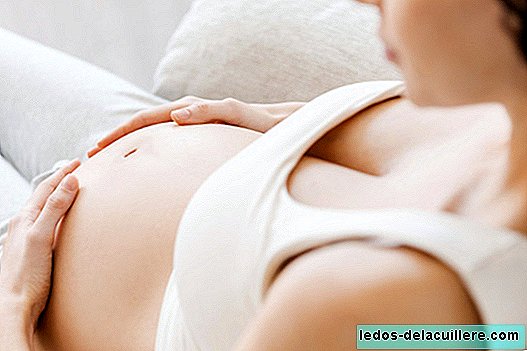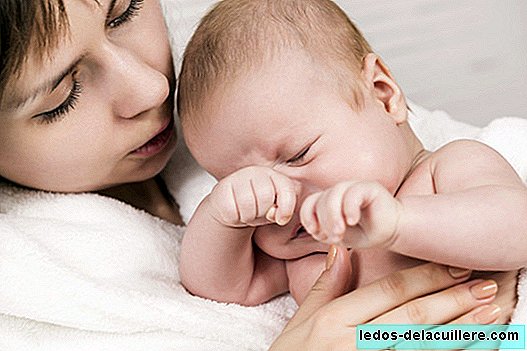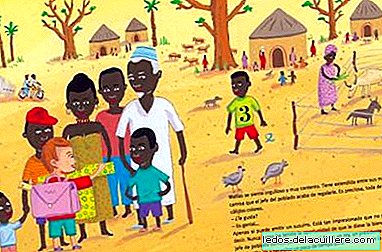According to the "Natural Movement of the Population" published by the National Institute of Statistics (INE), more deaths than births have been registered in our country during the first half of this year, continuing with a negative trend that has been observed for two years.
Births in Spain since 2008 are decreasing, and we have asked ourselves: Why aren't enough babies born? What would it take for the vegetative balance (births less deaths) to be positive?
A trend that continues to decline
Between January and June of this year 186,703 children were born (6.3% less than in the same period of 2016) and 219,835 died (4.5% more than the previous year). But this (provisionally) negative balance is not an isolated event, since the trend has been like this for two years.
There is only three autonomous communities where there were more births than deaths: Madrid, Region of Murcia and Balearic Islands. Ceuta and Melilla also registered this positive trend.
AdvertisingOn the other hand, Castilla-León and Galicia were the communities that registered the lowest birth rates.
On the other hand, the birth rate in our country has been following a decreasing trend since 2008, interrupted only by a slight increase experienced in 2014.A few months ago, we also saw that the age of women to become mothers throughout 2016 had reached the historical figure of 32 years. In 2015 it was 31.9 years and in 2014 31.8 years. That is to say, we are increasing the age by one tenth per year to have our first child.
At the moment it seems that the number of children per woman is the only thing that does not vary, remaining at 1.33; that is, continuing with the tendency of the only child.
These data are provisional, since it would be necessary to analyze the last semester of this year. But although the INE warns that the number of deaths is usually higher in the first half than in the second, everything seems to indicate that we will end the year with a negative vegetative balance.
Very worrying figures
The truth is since the postwar years no such negative birth data were recorded like the ones that are taking place today, and it is very worrying since it seems that the trend will continue to increase.
The population is increasingly aging and this affects the population balance as there should be a balance between the number of births and deaths. This fact also has serious consequences at an economic level since society cannot keep more retirees than active people.
The Demographic Renaissance Foundation also warns of this serious situation:
The data is stubborn. Low birth rate is a problem, above all, of values. It is a structural failure, directionally catastrophic, of the current model of Spanish and Western society. Either we amend it in what leads us to have so few children, or we go to the precipice.
- Renac. Demographic (@ren_demografico) December 12, 2017
Why do you have fewer and fewer children?

Experts agree that this downward trend in births is mainly due to few grants that couples receive to reconcile work and family life. In addition, instability and precarious employment, lack of aid and subsidies from the Government, and insufficient maternity leave only put more stones on the road.
On the other hand, we must not forget that the delay in maternity age can also condition the number of children they have. The eggs, like the rest of the body's cells, also age, causing the chances of pregnancy to decrease with age.
Photos | iStock
In Babies and More, what are the main obstacles for families to have more children? , Serious demographic crisis in Spain: there are more deaths than births for the first time in 75 years, In Spain fewer and fewer children are born (and it is very worrying), Why are there more and more unique children ?, Reconciliation of working life and family: a long way to go, have you decided not to have more children in the wake of the crisis ?, infertility, a disease that affects both physically and psychologically












